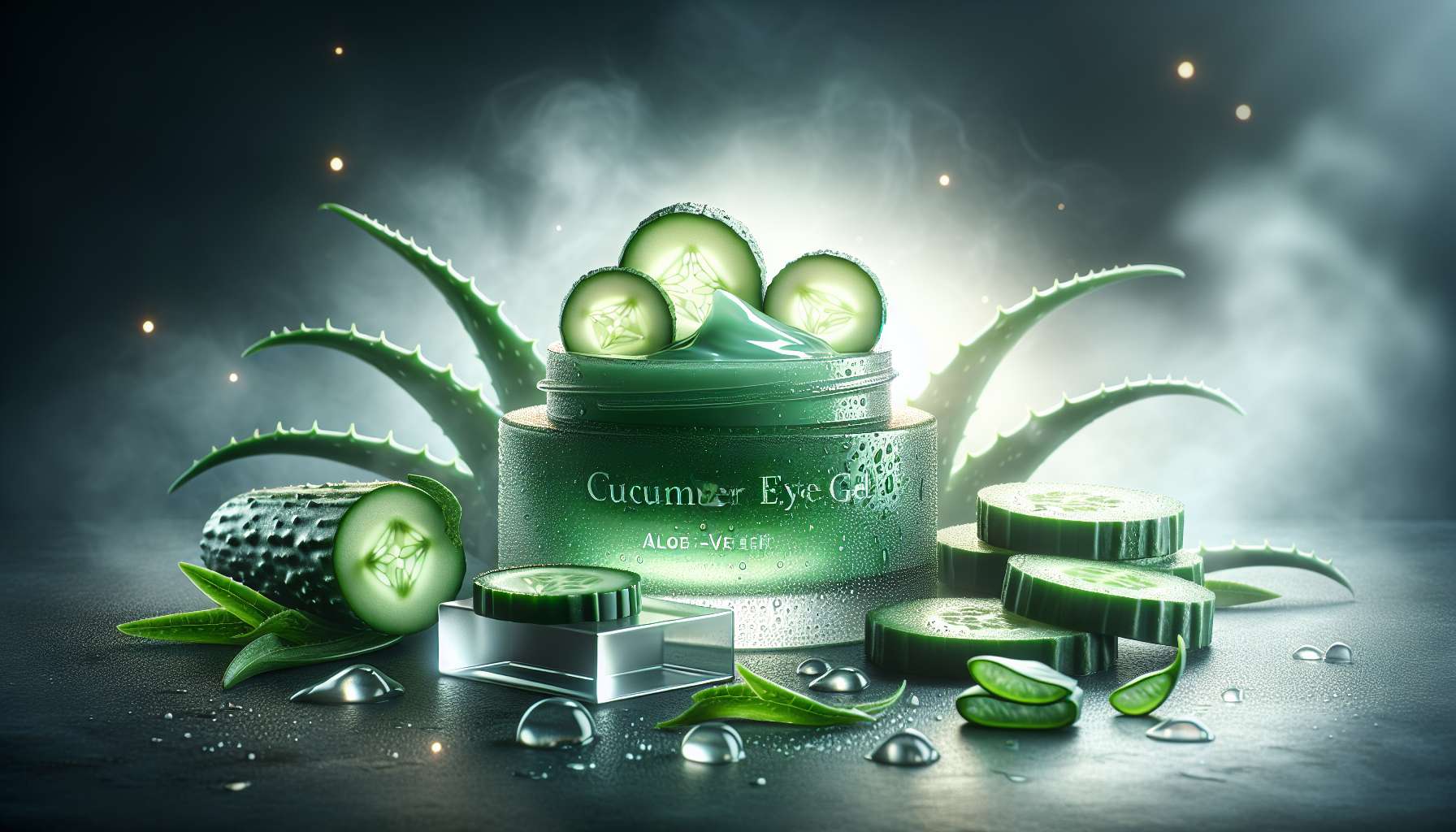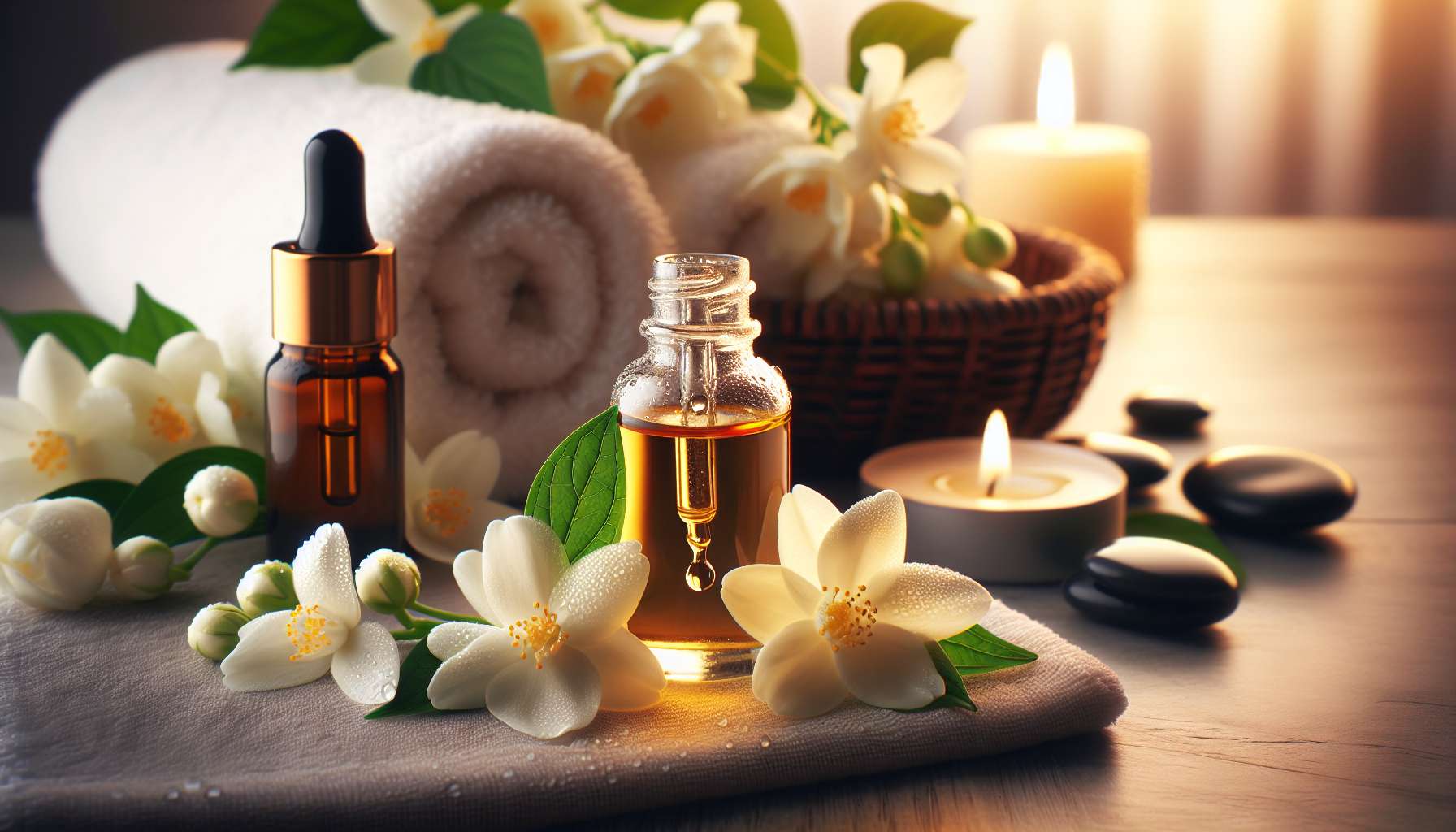DIY Bath Teas: A Relaxing and Nourishing Spa Experience
Imagine sinking into a warm, fragrant bath after a long day, feeling the stresses and worries of the world melt away. Now, add a touch of luxury and relaxation by incorporating DIY bath teas into your bathing routine. These delightful concoctions of herbs, flowers, salts, and essential oils not only provide a soothing and aromatic experience but also offer numerous benefits for your skin, mind, and body. In this comprehensive guide, we will delve into the world of DIY bath teas, exploring their origins, ingredients, benefits, and how you can create your own personalized blends for a spa-like experience right in the comfort of your own home.
The History of Bath Teas
Bath teas have a long history dating back to ancient civilizations such as the Egyptians, Greeks, and Romans, who all recognized the therapeutic benefits of soaking in herbal-infused waters. In medieval Europe, bath teas were a popular way to cleanse the body and promote relaxation. Today, the practice of using bath teas has seen a resurgence as people seek natural remedies for stress relief and self-care.
By infusing the bath water with a blend of herbs, flowers, salts, and oils, bath teas offer a sensory experience that can help to calm the mind, soothe the body, and nourish the skin. The combination of ingredients in bath teas can have various effects, from promoting relaxation and stress relief to detoxifying the body and improving skin health.
The Benefits of DIY Bath Teas
There are numerous benefits to incorporating DIY bath teas into your self-care routine. Here are some of the key advantages:
Relaxation and Stress Relief
One of the primary benefits of using bath teas is their ability to promote relaxation and reduce stress. The combination of warm water, aromatic herbs, and essential oils creates a calming environment that can help to soothe both the body and mind. Whether you’re looking to unwind after a long day or simply indulge in a moment of self-care, a bath tea can provide the perfect escape.
Skin Nourishment
Many of the ingredients found in DIY bath teas, such as Epsom salt, oatmeal, and coconut oil, are known for their skin-nourishing properties. These ingredients can help to hydrate the skin, reduce inflammation, and improve overall skin health. By soaking in a bath tea, you can pamper your skin and leave it feeling soft, smooth, and rejuvenated.
Aromatherapy Benefits
Essential oils are often used in bath teas to provide aromatherapy benefits. Different oils, such as lavender, eucalyptus, or chamomile, can have varying effects on mood and emotions. For example, lavender is known for its calming properties, while eucalyptus can help to clear the sinuses and invigorate the senses. By choosing the right essential oils for your bath tea, you can create a customized aromatherapy experience tailored to your needs.
How to Make DIY Bath Teas
Creating your own DIY bath teas is a simple and enjoyable process that allows you to tailor the ingredients to your preferences and needs. Here is a basic recipe to get you started:
Ingredients:
- 1 cup Epsom salt
- 1/2 cup dried herbs (such as lavender, chamomile, or rose petals)
- 1/4 cup oatmeal
- 1/4 cup coconut oil
- 10-15 drops of essential oils
Instructions:
- Combine the Epsom salt, dried herbs, and oatmeal in a bowl.
- Melt the coconut oil in a separate container and add it to the dry ingredients.
- Stir in the essential oils until well combined.
- Transfer the mixture to a muslin or cotton bag, or simply add it directly to the bath water.
- Allow the bath tea to steep in the warm water for at least 10-15 minutes before soaking.
Feel free to experiment with different combinations of herbs, flowers, salts, and oils to create your own customized bath teas. You can also add other ingredients such as dried citrus peels, spices, or even tea bags for a unique twist.
Expert Opinions on DIY Bath Teas
We spoke to Dr. Emily Johnson, a naturopathic doctor and herbalist, about the benefits of DIY bath teas. According to Dr. Johnson, “Bath teas are a wonderful way to incorporate the healing properties of herbs and essential oils into your self-care routine. They can help to relax the body, calm the mind, and nourish the skin, making them a valuable addition to any wellness regimen.”
Dr. Johnson also recommends using organic, high-quality ingredients in your bath teas to ensure the best results. She suggests sourcing herbs and essential oils from reputable suppliers and checking for any potential allergies or sensitivities before using them in your bath teas.
Common Misconceptions about DIY Bath Teas
There are several misconceptions about DIY bath teas that may deter people from trying them. One common misconception is that bath teas are time-consuming to make and use. In reality, bath teas can be prepared in advance and stored for future use, making them a convenient and easy addition to your self-care routine.
Another misconception is that bath teas are only suitable for certain skin types or conditions. While it’s important to be mindful of any allergies or sensitivities you may have, most people can benefit from using bath teas, regardless of their skin type. By selecting the right ingredients for your needs, you can create a bath tea that is gentle and nourishing for your skin.
Conclusion
To wrap things up, DIY bath teas offer a luxurious and relaxing spa experience that can be easily incorporated into your self-care routine. By infusing your bath water with a blend of herbs, flowers, salts, and oils, you can create a sensory oasis that promotes relaxation, nourishes the skin, and uplifts the spirit. Whether you’re looking to unwind after a long day, pamper yourself with a spa-like treatment, or simply indulge in a moment of peace and tranquility, DIY bath teas are a wonderful way to enhance your bathing experience.
So why not treat yourself to a soothing and rejuvenating bath tea today? Your mind, body, and spirit will thank you for it!




